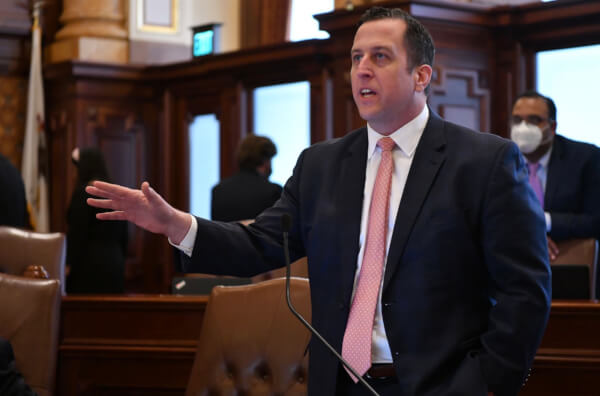
Click here to subscribe FREE to Ray Hanania's Columns
WalletHub releases new Credit Card Debt study
WalletHub’s new Credit Card Debt Study released its latest study looking at Credit Card debt, showing it is below the record high. The results of WalletHub’s new Fed Rate Survey, along with projections for how a September prime rate drop could affect our wallets, are listed here.
Credit Card Debt Study Key Findings
- Q2 Results: At $28 billion, the increase in credit card debt during Q2 2025 was around 21% smaller than the increase in Q2 2024
- Debt Is Well Below the Peak: Total credit card debt as of Q2 was roughly $1.32 trillion on an inflation-adjusted basis, which was about 13% below the record high.
- Household Debt Has Some Breathing Room: The average household credit card balance was around $10,951 at the end of Q2 2025, after adjusting for inflation. That’s $2,062 below the record high
- Early Q3 Returns: Preliminary data for July shows a 0.4% increase in credit card debt compared to the same month last year
- Best Balance Transfer Credit Cards: The best balance transfer credit cards currently offer 0% APRs for up to 24 months, with no annual fees and low balance transfer fees.
See the complete findings of WalletHub’s Credit Card Debt Study.
Fed Rate Survey Key Findings
- Inflation Remains a Top Concern: More than 9 in 10 people think inflation is still an issue
- More of a Mandate to Fix Inflation: 7 in 10 people think inflation is a bigger issue than the job market right now
- Growing Concern About the Economy: Nearly 3 in 5 people think the economy is getting worse rather than improving
- Distrust in Government Data: Nearly 3 in 5 people say they don’t trust economic data from the government
- Inflation Seen as a Bigger Threat Than AI: 77% of Americans are more worried about inflation stealing their money than AI stealing their job
Projected Impact of a Fed Rate Cut
- Consumer Savings: Credit card users will save roughly $1.92 billion in interest over the next 12 months if the Fed cuts its target rate by 25 basis points on September 17 (88% probability)
- Mortgage Savings Boost: The Fed’s September 17 rate cut has already decreased the cost of the average 30-year mortgage by $9,763 over the life of the loan, as mortgages have fixed rates that are priced with a far longer time frame in mind than other borrowing methods
- Auto Loan Rate Drop: WalletHub expects the average APR on a 48-month new car loan to drop by around 12 basis points in the months following a 25-basis-point Fed rate cut.
See the full results of WalletHub’s Fed Rate Survey.

“The bad news is consumer confidence in the economy is flagging, and concerns about inflation are sky high. Nearly 3 in 5 Americans think the economy is getting worse, according to a new WalletHub survey, and 77% of people are more worried about inflation stealing their money than AI stealing their job. A Fed rate cut in September could save households billions over the next 12 months, but people still aren’t very excited due to their expectations for high prices for the foreseeable future.”

Click here to subscribe FREE to Ray Hanania's Columns

- Ryan Statement on Budget Preparation for More Affordable Illinois Following Budget Address - February 20, 2026
- Hastings reacts to FY 27 budget proposal - February 20, 2026
- Senator Cory Booker Endorses Robin Kelly for U.S. Senate - February 20, 2026























